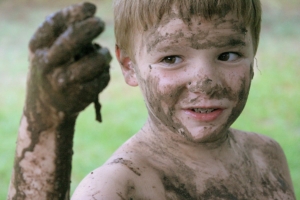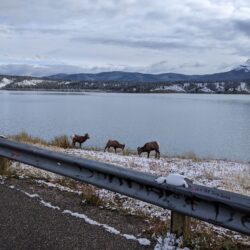Disturb us, Adonai, ruffle us from our complacency; Make us dissatisfied. Dissatisfied with the pace of ignorance, the quietude which arises from a shunning of the horror, the defeat, the bitterness and the poverty, physical and spiritual, of humans…Disturb us, O god, and vex us; let not your Shabbat be a day of torpor and slumber; let it a time to be stirred and spurred to action. Baruch atah, Adonai, m’kadeish HaShabat.[1] Mishkan Tefilah, pg. 173
| Source (English) | |
|---|---|
Washing from head down, as you wash each part in the manner you wish, think about what the parts of your body may physically or spiritually represent. | |
headLet me think of others without judgment, of situations with thoughts of kindness for all involved and not of problems, but possibilities… | |
face: ears, eyes, mouthLet me not hear and see only what I want or wish, but to consider all sides of a situation; let me not speak words of slander, malice or carelessness but utter those that bring clarity, comfort or joy… | |
chestLet me act with the intent of my soul, to be aware of the possibilities in every heartbeat within me and to remember to feel the emotions of the actions I take… | |
arms/handsLet my hands create and work to bring about the change for good that is in my heart. Let them hug more than hit and create more than destroy… | |
stomach and genital areasLet me not be driven solely by inner desires and selfish needs; let me consider goals that are more meaningful to me than temporary satisfactions… | |
legs and feetLet me move and act for the change I wish to see in this world for as long as my legs will carry me… | |
Let the words of your heart and your true intentions of a perfect you continue through the space under the water and carry you into Shabbat. | |
Shabbat Shalom |
Notes
| 1 | Mishkan Tefilah, pg. 173 |
|---|

“Kavvanot when Washing One’s Body Before Shabbes, by Eyal Raviv” is shared through the Open Siddur Project with a Creative Commons Public Domain Dedication 1.0 Universal license.










Leave a Reply